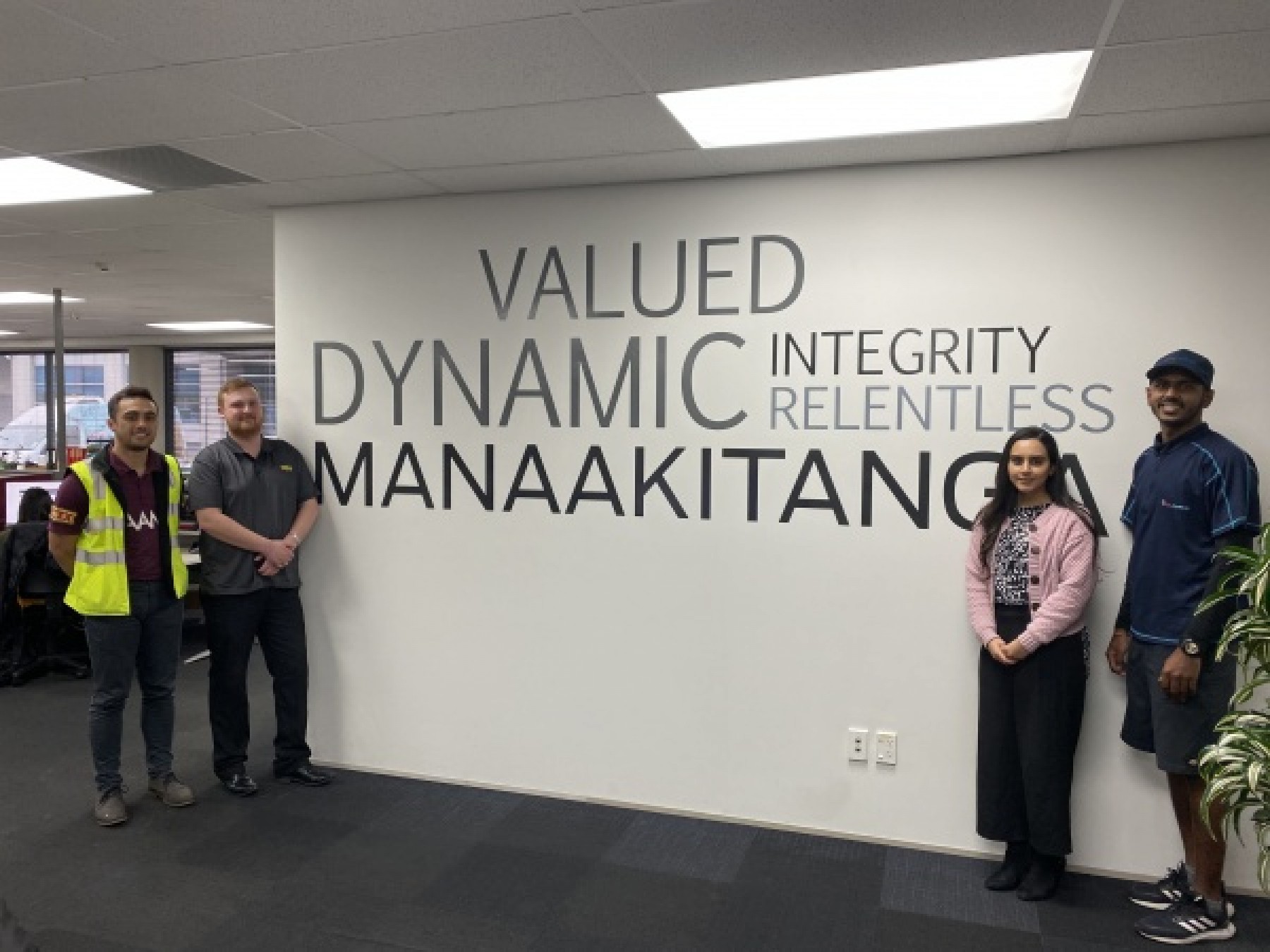When noho rāhui / lockdown hit, and Messenger Services Limited (MSL) was deemed as an essential service; there were two foundational components of the company that helped them move quickly and carefully react with little time.
The first part is that as a time sensitive industry, the courier business was already used to working in a high-pressure environment. But the second part was more crucial –MSL was thriving in a proactive and empathetic environment that prioritised the mental health and wellbeing of their staff and contractors.

